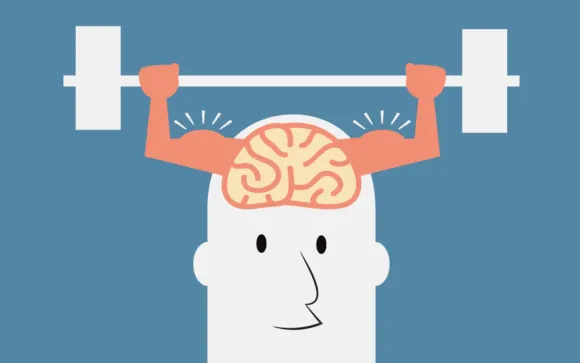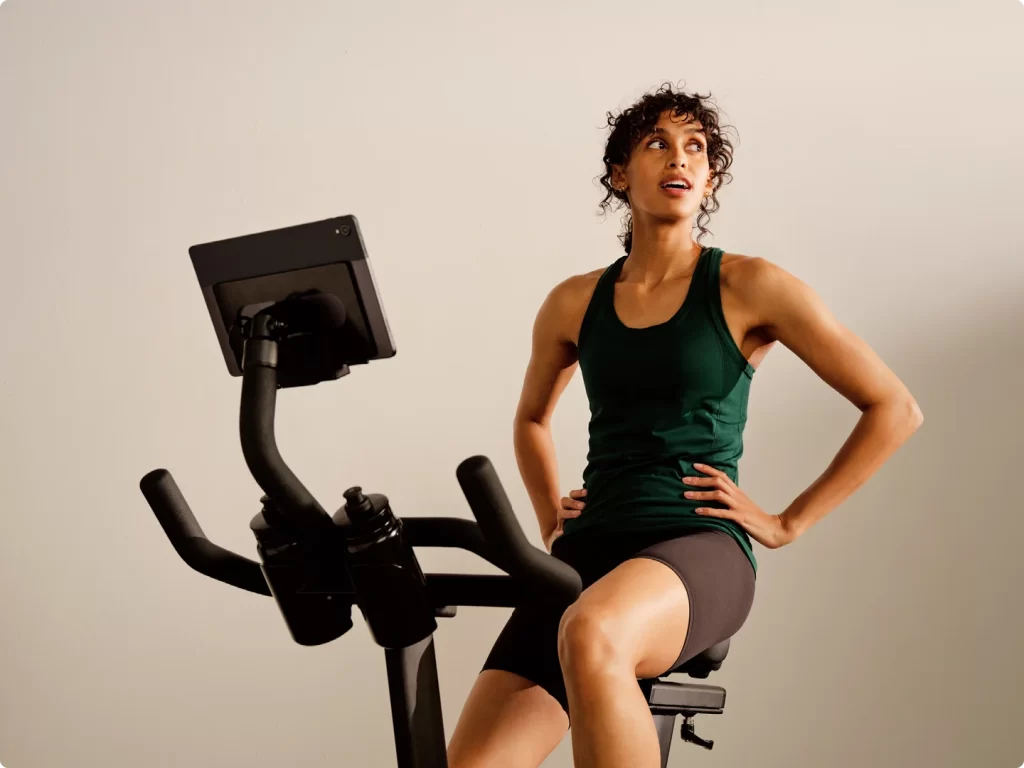Stress is a part of modern life. Stress levels are impacted by a variety of factors, including financial worries, social obligations, and personal challenges. Movement is one of the best ways to reduce stress and improve your overall health. Exercise, physical activities, and mindful movement practices can have a significant impact on both mental and physical well-being. Understanding the mind-body link and making movement part of everyday life can help people achieve greater resilience, decrease stress and improve overall health.
Understanding the Mind-Body Connection
Stress is an example of the way that mind and body interact. Chronic stress can lead to the release cortisol. This hormone, when in large amounts, has negative effects on health such as high blood-pressure, weakened immune system, and digestive problems. Stress can also lead to depression and anxiety, which makes it hard to maintain a positive attitude. Conversely, engaging in movement has been found to counteract these effects by triggering the release of endorphins, serotonin, and dopamine neurotransmitters that promote feelings of happiness and relaxation.
Exercise and Stress Reduction
Exercise is a powerful tool for managing stress. Regular physical activity reduces stress hormones and increases the production of mood-boosting chemicals. Exercises such as running or swimming, cycling and brisk-walking improve circulation, enhance energy and promote better sleep. Strength training builds resilience not only physically, but also mentally by encouraging discipline and self confidence.
Even gentle movements such as yoga, tai-chi, or stretching can be very effective. These exercises focus on controlled movements, breathing and mindfulness. They calm the nervous systems and induce a relaxed state. Participating in these activities regularly can help individuals manage stress better, leading to improved health for both mind and body.
Movement as an Antidote for Anxiety and Depression
Numerous studies have proven that physical activity can be a powerful weapon in the battle against anxiety and depression. Exercise releases endorphins (often referred to “feel-good hormones”), which improve mood and reduce symptoms of depression. Regular exercise can also help individuals feel more accomplished, allowing them to take control of their life. Running or swimming can be meditative due to their rhythmic nature. Worries will fade away as the mind enters a state where it is in a flow.
Moreover, exercise fosters better social interactions. Connecting with others, whether through group fitness classes, sports or walking with a buddy, is vital for mental health. Participating in physical activity within a group setting can reduce loneliness and increase overall satisfaction.
The Power of Mindful Movement
It is possible to achieve both physical and mental health by engaging in mindful movement. Ancient practices like yoga, tai-chi, and Qigong incorporate slow movements and intentional breathing. These activities activate your parasympathetic system (also known as “rest and digestion” system), which helps counteract the stress-induced “fight or flee” response. Mindfulness through movement increases body awareness, reduces bad thought patterns and cultivates inner calm.
Meditation exercises such as yoga and tai-chi improve flexibility, strength, and balance. They are therefore suitable for all fitness levels. Breath control is incorporated into these practices to help regulate emotions. This reduces anxiety and improves focus and concentration.
Make daily movement a habit
It is not necessary to train for marathons or attend gym classes in order to incorporate movement into your daily life. Simple habits can have a profound effect on stress levels and your overall health. Take short breaks to walk, use the stairs instead of an elevator, stretch while you work, or engage in a morning yoga routine.
Setting small, attainable goals can help motivate those who are struggling with motivation. Find activities that you enjoy, such as dancing, hiking or sports, to make moving a fun experience. Integrating movement into daily tasks, such as gardening, cleaning or playing with pets, can increase overall activity without feeling like an exercise.
The Benefits of Movement for Stress Reduction
Individuals can reap long-term benefits by prioritizing physical activity. These benefits go beyond stress relief. Active lifestyles can improve cardiovascular health, strengthen muscles and bones, enhance cognitive function, and boost immunity. Movement is also important in preventing chronic illnesses such as obesity, diabetes and hypertension.
Regular physical activity can also lead to a better sense of self-efficacy and self-esteem. Individuals who lead a lifestyle based on movement tend to be more optimistic and better equipped to deal with challenges.
Conclusion
Stress is a part of everyday life. How we deal with it, however, makes a huge difference. Individuals can improve their health and well-being by embracing movement, and understanding the connection between mind and body. Incorporating movement into your daily life, whether it’s through intense workouts, gentle stretching or mindfulness practices such as yoga, can reduce stress and increase happiness. It also improves health. Start small, be consistent and find enjoyment in your movement. Move more and stress less to live a happier, healthier life.



